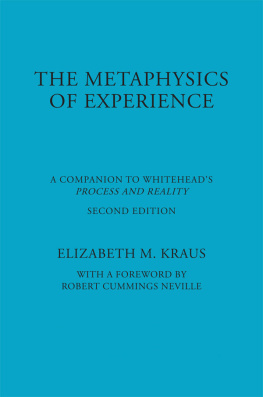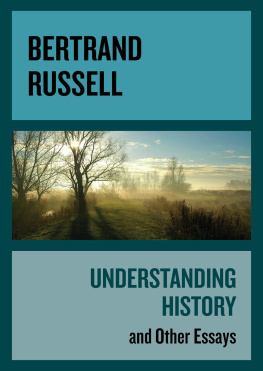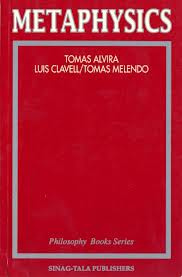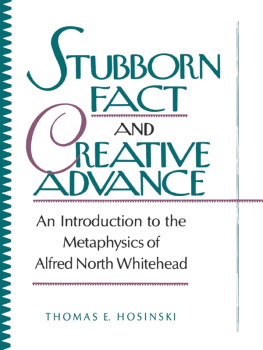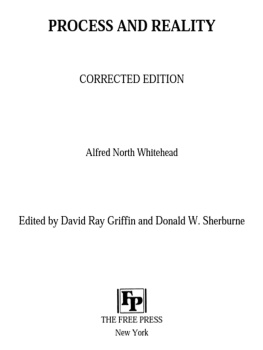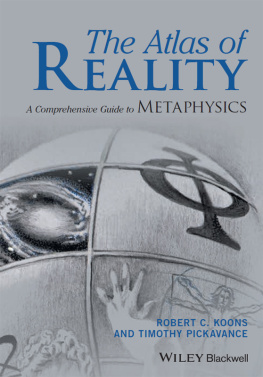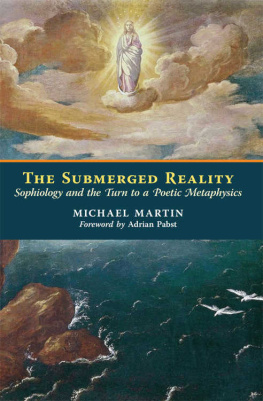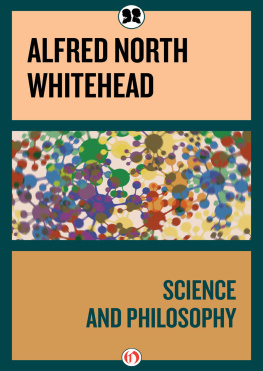The Metaphysics of Experience

Copyright 1998 by Fordham University Press
First Open Access edition, 2018
Open Access edition funded by the National Endowment for the Humanities/Andrew W. Mellon Foundation Humanities Open Book Program.

All rights reserved.
LC 97-29490
ISBN 0-8232-1795-7 ( hardcover )
ISBN 0-8232-1796-5 ( paperback )
ISSN 1073-2764
American Philosophy Series, No. 9
Vincent M. Colapietro, Series Editor
Vincent G. Potter (19291994), Founding Editor
Visit us online at www.fordhampress.com.
Library of Congress Cataloging-in-Publication Data
Kraus, Elizabeth M.
The metaphysics of experience : a companion to Whiteheads Process and Reality / Elizabeth M. Kraus ; foreword by Robert C. Neville.Rev. ed.
p.cm.(American philosophy series ; no. 8)
Includes bibliographical references and index.
ISBN 0-8232-1795-7 (alk. paper).ISBN 0-8232-1796-5 (pbk.: alk. paper)
1.Whitehead, Alfred North, 18611947.Process and reality.2.Cosmology.3.SciencePhilosophy.4.Process philosophy.5.Experience.I.Title.II.Series.
B1674.W353P76341998
113dc2l
97-29490
CIP
Printed in the United States of America
TO
L . A . D .
FOR LOVE,
UNDERSTANDING,
AND ENCOURAGEMENT
CONTENTS
The author is indebted to many people through whose assistance this Companion has reached completion. To thank them all would be impossible, but I would be remiss if I should fail to extend my gratitude to the late Professors Quentin Lauer, S.J., and Leonard Feldstein, both of Fordham University, and Robert C. Neville, Dean of the School of Theology at Boston University, all of whom read the manuscript and provided me with the kind of insightful and scholarly criticism needed to sharpen ones thought. I would also like to thank Rev. Paul Kelly, a former graduate student of mine for his invaluable help in the proofreading of both the manuscript and the galley proofs and in the preparation of the index. Finally, I extend my gratitude to the graduate and undergraduate students of Fordham University, whose interest, inspiration, and encouragement helped birth this volume.
This volume should be read in conjunction with Process and Reality . As a comparison of the tables of contents of both works will reveal, the author has deliberately paralleled the structure of PR chapter by chapter in order to facilitate concurrent study. For optimum advantage, a section of the Companion should be read, followed by a reading of the corresponding chapter of PR. Thus the reader can move step by step through both works.
Citations of Whiteheads works appear, for the most part, as listed here.
AE | The Aims of Education . New York: Mentor Books, n.d. |
AI | Adventures of Ideas . New York: Free Press, 1967. |
CN | The Concept of Nature . Cambridge: Cambridge University Press, 1964. |
ESP | Essays in Science and Philosophy . New York: Greenwood, 1968. |
FR | The Function of Reason . Boston: Beacon, 1966. |
IM | An Introduction to Mathematics . New York: Holt, 1911. |
IS | The Interpretation of Science . Ed. A. H. Johnson. Indianapolis and New York: Bobbs-Merrill, 1961. |
MT | Modes of Thought . New York: Capricorn, 1958. |
PNK | An Enquiry Concerning the Principles of Natural Knowledge . Cambridge: Cambridge University Press, 1925. |
PRel | The Principle of Relativity . Cambridge: Cambridge University Press, 1922. |
PR | Process and Reality . Corrected Edition. Ed. David Ray Griffin and Donald W. Sherburne. New York: Free Press, 1978. |
RM | Religion in the Making . Cleveland and New York: World, 1960. Repr. New York: Fordham University Press, 1996. |
SMW | Science and the Modern World . New York: Macmillan, 1925. |
S | Symbolism: Its Meaning and Effect . New York: Fordham University Press, Capricorn, 1985. |
Elizabeth Krauss The Metaphysics of Experience remains the best introduction to and commentary on Whiteheads philosophical system despite the twenty years of scholarship on the subject since she wrote the first edition. Griffin and Sherburnes corrected edition of Process and Reality appeared too late for that first edition, and the present edition has been corrected to take advantage of their superb research. There have been scores of monographs and many volumes of Process Studies that have clarified issues distinguishing divergent approaches to interpreting Whitehead, but none replaces or corrects the elegant introduction and exposition in this book.
Process and Reality is the single most important book of speculative metaphysics in the twentieth century, the pioneer and benchmark for all subsequent systems, such as those of Paul Weiss, Justus Buchler, and Charles Hartshorneand this for several reasons. First, its categoreal scheme is presented as an hypothesis, as Whitehead explains in his first chapter and Kraus in her second. Thus at a stroke Whitehead moves around the fashionable critique of metaphysics as a priori and foundationalist, a critique begun by Hume and Kant. Like pragmatism, Whiteheads process philosophy was never modernist, only late modern, and therefore unaffected by the negative moves of postmodernism.
Second, Process and Reality was written by a mathematician and scientist whose categories were devised for congruence with the twentieth-century revolution in physics. This is a distinct advance upon the idealistic systems of the nineteenth century, which could well be rejected as nave. But Whitehead coupled his scientific probity with religious and aesthetic sensibilities virtually unparalleled among recent systematic thinkers. The entire tradition of process theology derives from his work. His influence on aesthetic and ethical thinking is as powerful and recent as Joseph Granges Nature: An Environmental Cosmology (Albany: State University of New York Press, 1997). The range of Whiteheads experience thus spans the experiential contours of the century, save for the horrors of war and mass death that occurred after his final writings.
Third, Process and Reality is not about systematic metaphysics; nor is it a programmatic sketch of a system: it is an actual system worked out in elaborate detail. This is what Hegel called the labor of the notion in philosophy, the painstaking development of a philosophical system. As such, it is ready for assessment as an hypothesis. Many people, including myself, have disagreed with Whitehead on systematic issues and developed alternative systems. This would not be possible without his clarity and detail. And the debate is not finished as to the adequacy of Whiteheads own system as it stands.
The problem with Whiteheads Process and Reality is that it is so difficult, with difficulties corresponding to the three reasons for its greatness. As a speculative hypothesis, it can be read only by a mind that knows how to play with ideas, rotating them, connecting and disconnecting them, pruning, polishing, and reflecting them in other conceptual media. Aristotelians sometimes have difficulty with Process and Reality because they want to read it straight and get it right: there is no straight reading, as is abundantly clear form Whiteheads four approaches to its topic in the first four parts of the book.
Next page
